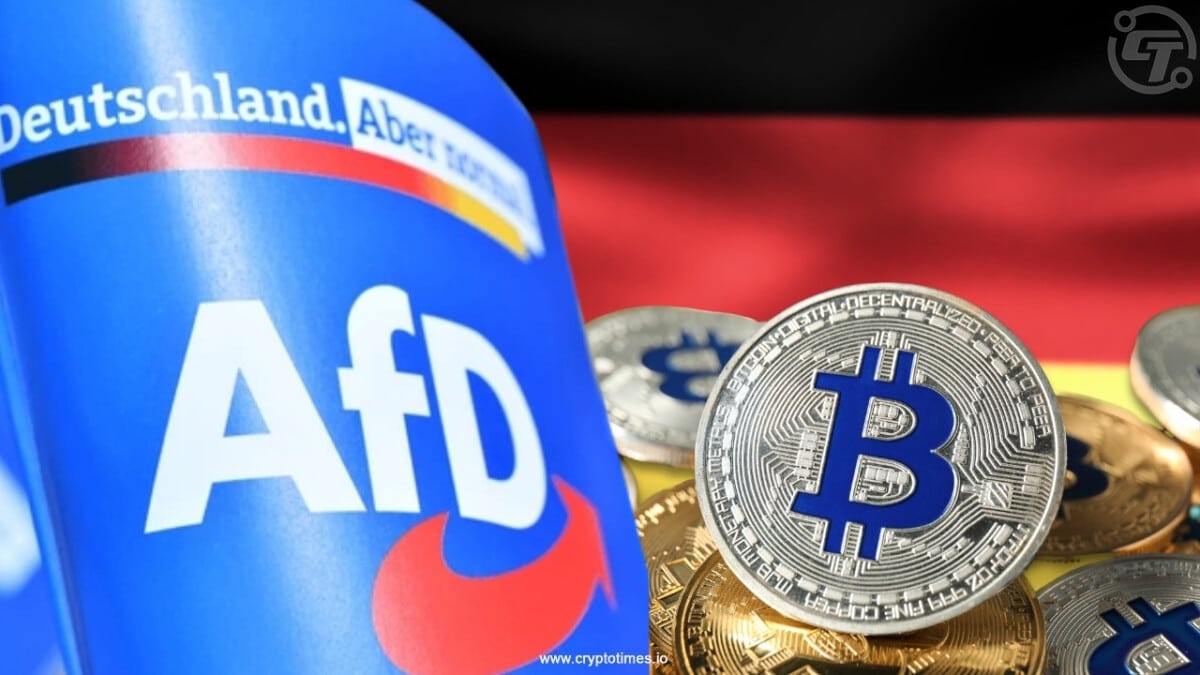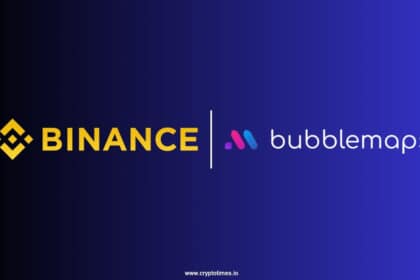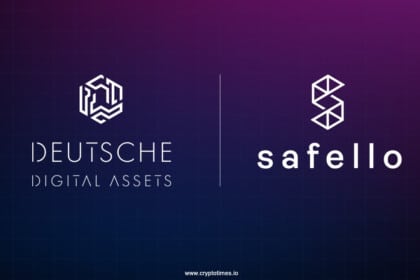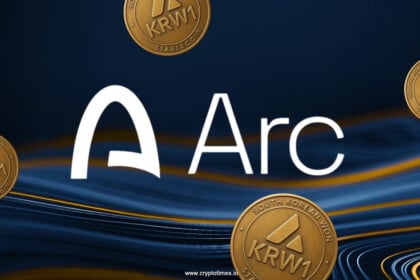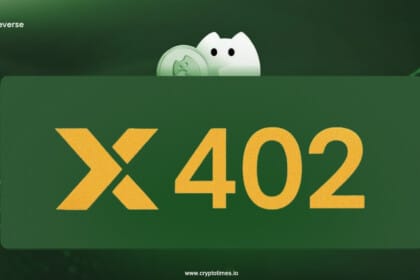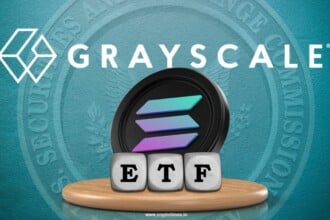Germany’s right-wing opposition party, Alternative for Germany (AfD), has put forward a motion in parliament calling for the creation of a national Bitcoin reserve—a step that could position Europe’s biggest economy alongside countries starting to treat digital assets as part of their long-term financial strategy.
The move comes only months after the government sold nearly 50,000 Bitcoins seized in 2024—coins that would now be worth over $6.5 billion. With Bitcoin hovering around $115,000, AfD’s proposal marks a clear shift in attitude, from selling off crypto holdings to considering them a long-term national asset.
AfD’s case: Bitcoin as a hedge and a sovereignty tool
The AfD’s proposal leans on a simple argument that Bitcoin’s limited supply and freedom from central banks make it a solid shield against inflation and currency swings. True to its euroskeptic roots, the party isn’t pitching Bitcoin as a get-rich asset but as a “strategic reserve currency” that could give Germany more financial independence within the eurozone.
AfD leaders Alice Weidel and Tino Chrupalla have long voiced distrust toward EU monetary policies and the idea of centralized financial control. Their push for Bitcoin fits neatly into their larger narrative of economic sovereignty—a theme the party has stuck to since it first emerged in 2013.
Realistically, the proposal has little chance of clearing the Bundestag, where most parties still treat AfD initiatives with caution. But symbolically, it matters. It’s part of a broader ideological wave that links digital money with national self-determination; a sign that for some politicians, Bitcoin isn’t just code or currency anymore, it’s politics.
France set the stage
Germany’s Bitcoin debate follows closely on the heels of a similar proposal in France, introduced by lawmaker Éric Ciotti earlier this month. Ciotti’s bill calls on France to acquire up to 2% of Bitcoin’s total supply, roughly 420,000 BTC, to establish a sovereign reserve.
The French proposal aims to shore up the country’s economic stability at a time when fears of weakening currencies and global uncertainty are reshaping how nations think about money.
Both the French and German moves may still be early experiments, but they signal something bigger—Europe’s growing realization that Bitcoin might have a role beyond trading charts. It’s starting to be seen as part of national strategy, not just a speculative bet.
A global shift: From El Salvador to the U.S.
In the U.S., the debate over Bitcoin has turned political. President Donald Trump has backed the idea of a “national Bitcoin reserve,” saying America should mine and hold Bitcoin to stay ahead of rivals like China. His stance has pushed Bitcoin into mainstream politics — now seen as part of America’s broader economic strategy, not just a market asset.
Taken together, these developments show how Bitcoin has begun to cross the boundary from private innovation to public policy. What was once dismissed as a speculative asset is now being discussed in parliaments and presidential campaigns, as a possible instrument of national strength in an increasingly uncertain global economy.
Germany’s missed opportunity
Last year, German authorities sold roughly 50,000 Bitcoins seized from the operators of a movie piracy website. The sale, one of the largest government Bitcoin disposals to date, sparked public criticism, especially as Bitcoin’s value surged afterward. Critics argued that holding those assets could have given Germany a unique fiscal advantage and possibly inspired a more forward-looking policy approach.
AfD’s proposal seems to be a direct reaction to last year’s Bitcoin sale, which the party calls a “missed opportunity” to build a national reserve instead of cashing out.
What comes next
The motion is unlikely to pass right now, but it’s done something important, it’s brought the Bitcoin debate back to the center of German politics. Lawmakers from both the ruling coalition and the opposition are now being pushed to take a clear stand on how the country should deal with digital assets.
Whether Berlin decides to add Bitcoin to its financial strategy or not, one thing is certain — the idea has entered the mainstream, and it’s not leaving the conversation anytime soon.
With France’s parliament discussing its own reserve proposal and other nations watching closely, Europe’s relationship with Bitcoin may be on the verge of transformation.
For now, Germany’s AfD may not get its reserve, but it has ensured that Bitcoin has become part of the political vocabulary of Europe’s largest economy.
Also Read: JPMorgan to Allow Bitcoin and Ether as Loan Collateral


